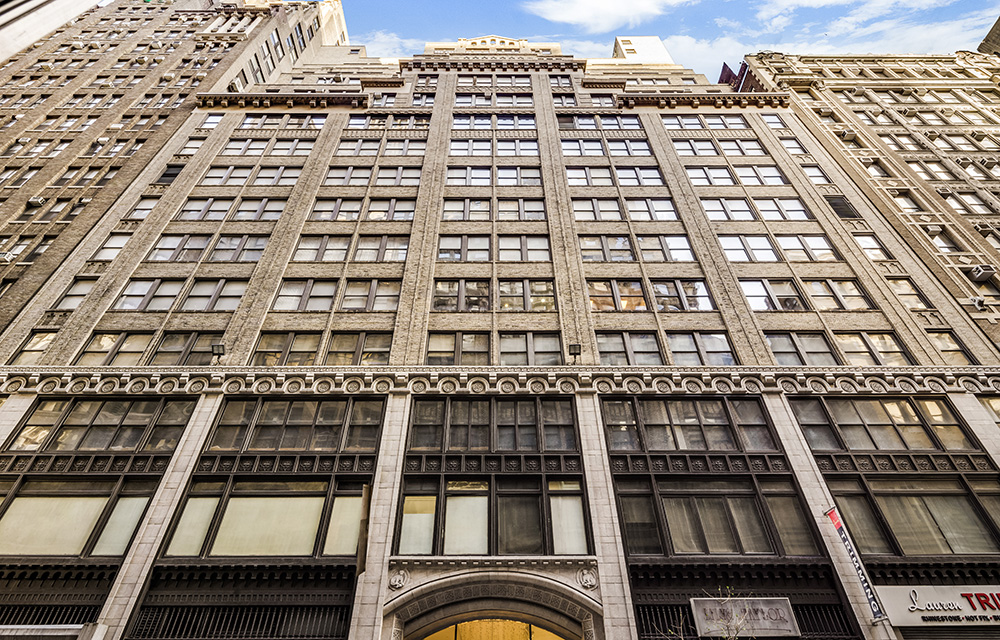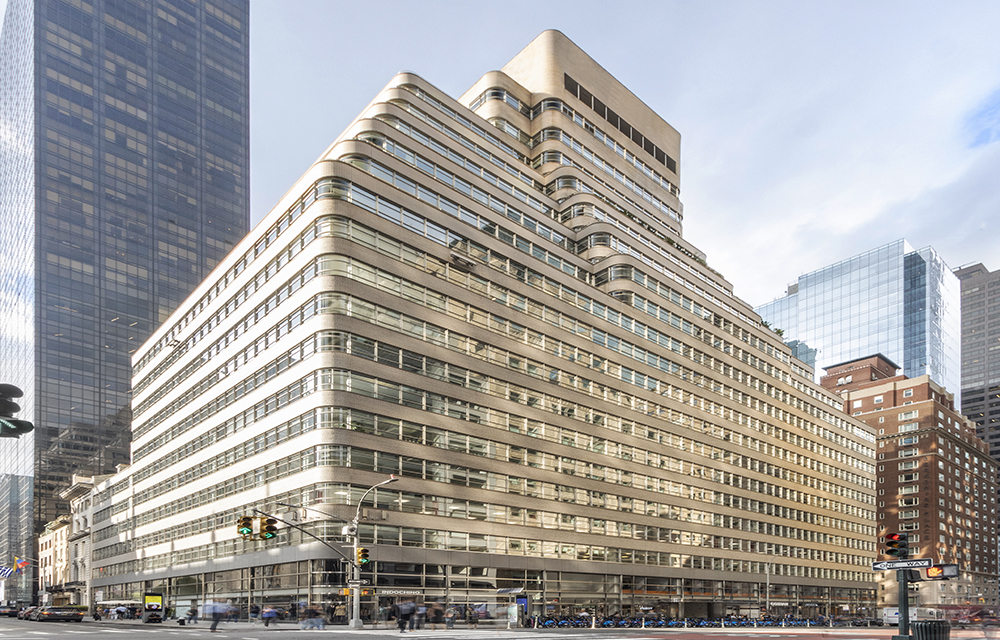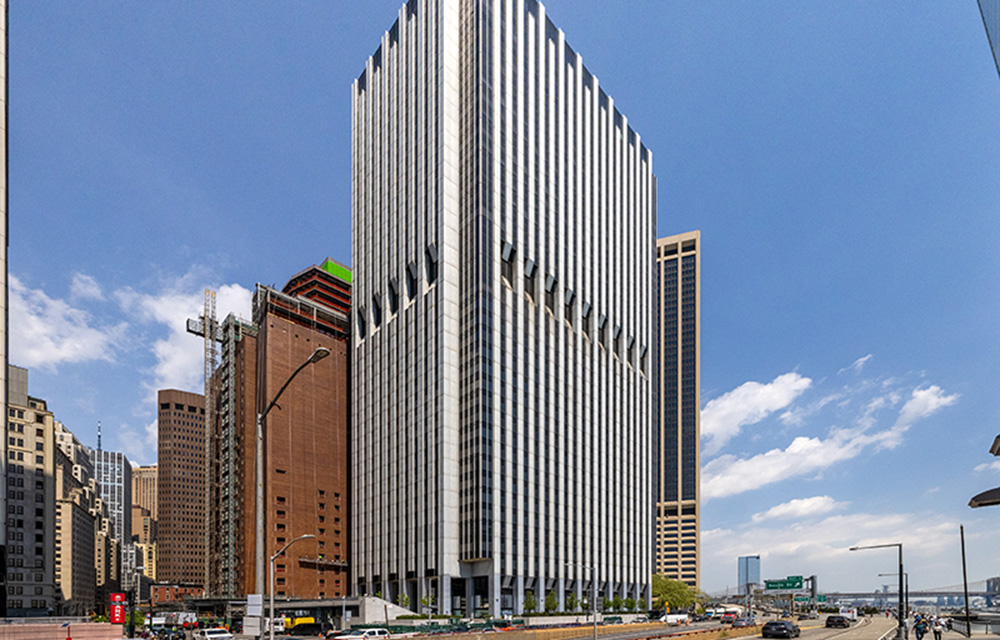2022 Hudson Valley apartment market - Brian Heine

REIT AvalonBay Communities sold the 110-unit Class A Avalon Bronxville, in Westchester County, for $89 million or $809,000 per unit in 2021. A suburban garden apartment complex built in 1998, rents are $3,568-$8,834 per month for the one to three-bedroom apartments; a 2-bedroom 2-bath is advertised for $4.70 per s/f per month. There is a lot of competition for the top end of the market, market rate developments have been exclusively aimed at the high-income earner. These class A rents are beyond what a middle-class worker can afford, referred to as workforce housing, or what typical middle-income earners such as teachers and police can afford. A typical measure is at least 80% of the of area’s median income (AMI). Without housing you lose these workers. Class B apartments, the vast majority of the existing suburban garden apartment inventory, serve this market, but most are of older construction and none are proposed or under construction that cater to this rent level. Existing apartment owners in the Hudson Valley face little new competition and increasing demand from tenants. According to the 2020 Dutchess County Rental Housing Survey the average rent for a market-rate two-bedroom apartment was $1,702, a 9.1% increase over 2019. Using the industry standard of 30% of household income to qualify a tenant for an apartment rental, a minimum yearly income of $68,000 is needed for an average apartment. The vacancy rate in the market-rate complexes surveyed dropped to 0.9%, the lowest level in 40 years. The 2020 Ulster County Rental Housing Survey for non-subsidized housing indicated a 1.81% vacancy rate with a non-subsidized two-bedroom rent of $1,439, an 11.2% increase over 2019. 2020 is the last year the surveys are available.
The federal government is compensating by subsidizing the development of rental housing available to tenants unable to afford the rents of new class A developments. Affordable housing is offered for anyone making from 30% to 80% of the AMI. Units closer to the 80% are for the middle class and can compete effectively with market rate class B apartments, while units close to the 30% AMI are meant for low-income tenants with no other housing choices. Almost all affordable rental housing uses the equity from federal low-income housing tax credits to finance the construction. The federal government issues tax credits to state governments, the state housing agencies awards the credits to developers to induce the private sector to build the apartments. The federal government stopped building housing decades ago. The 2021 HUD 80% income limit for a three-person family in Dutchess County is $71,950, meaning incomes up to this amount are eligible to apply for apartments in designated affordable housing developments that offer 80% apartments. There are many affordable developments proposed and under construction, but not nearly enough to fill the demand. Both the Ulster and The Dutchess County survey consider the vacancy rate for subsidized housing to be zero and the vacancy rate for market-rate apartments in Dutchess County has been below the 5% benchmark for over 20 years. For incomes above 80% only market-rate apartments are available.
There has been a lack of new rental housing serving the middle class for years. Reasons include New York State’s bureaucracy, high taxes, and high construction costs. The Hudson Valley market has in migration from higher cost New York City and high demand for rentals. The entire country has a housing problem, as long as you’re investing in the right areas there will be good occupancy and returns. Investors need to be aware of the rental market dynamics and the new competition it is drawing. Look for strong demand for all classes of multifamily investment properties in the Hudson Valley.
Brian Heine is a licensed real estate broker in New York State.
Meridian Capital Group arranges 10-year retail lease for Mess at 236 West 10th St.


Strategic pause - by Shallini Mehra and Chirag Doshi

AI comes to public relations, but be cautious, experts say - by Harry Zlokower

Behind the post: Why reels, stories, and shorts work for CRE (and how to use them) - by Kimberly Zar Bloorian









.jpg)
.gif)
.gif)